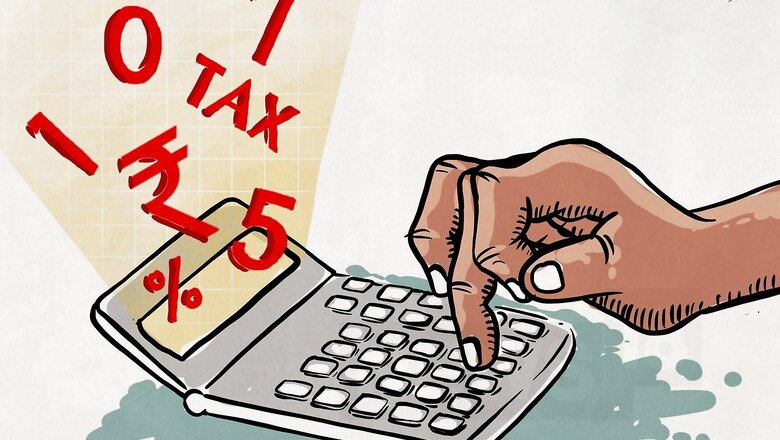
views
Employee Provident Fund (EPF) is one of the most attractive long-term saving schemes, not just because of higher returns than regular fixed deposits, but also due to the tax benefits that come along. For those unaware, EPF withdrawals made after five successive years of contributions are completely tax-free. But in case an employee has to withdraw EPF money before completing five years of service due to some emergency, the tax benefits are reversed. Here’s how you will be taxed in case of premature withdrawal of EPF money:
— Firstly, it is important to know that EPF corpus withdrawal is exempted from tax only if an employee contributes to the EPF account for five continuous years. In calculating five years of service, it is not necessary that service should be continued with the same employer. The tenure with the previous employer is also included.
— Also, subscribers are allowed to withdraw up to 75% of the accumulated EPF corpus after one month of quitting job. The remaining 25% can be withdrawn after unemployment for more than two months.
— A TDS (tax deducted at source) of 10% is applicable to the premature withdrawal of the EPF corpus. However, if the entire amount is less than Rs 50,000, then TDS is not applicable. Keep in mind that the 10% rate is applicable only if an employee provides PAN details with the EPF withdrawal application. Otherwise, the rate goes up to as high as 30%.
— Employee can also submit Form 15H/15G to avoid TDS on EPF withdrawal. Form 15H/15G is a declaration form, which states that a person’s total income (including the EPF money withdrawn) is below the taxable limit.
— Now, there are four components to any EPF payout: 1) employee’s contribution, 2) interest on employee’s contribution, 3) employer contribution, and 4) interest on employer’s contribution.
— The corpus of employee’s contribution is not taxable. But if an employee has claimed deduction under Section 80C while filing income tax return (ITR) in previous years to save taxes, then additional amount may have to be paid to fulfil tax liability of those years.
— The portion of interest on employee’s contribution is taxed as income from other sources.
— The total of the employer’s contribution to EPF and interest earned on it is taxable under the head “salary” in the income tax return.


















Comments
0 comment